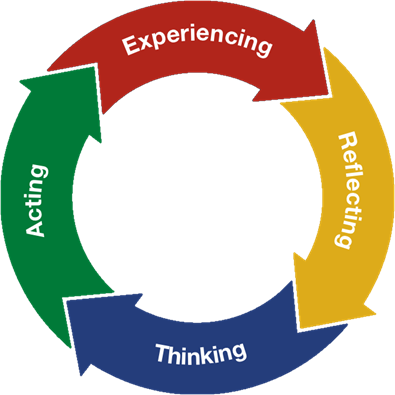Exercises. Translate into English
SET I 1. Ninge. 2. În Franța plouă des. 3. Plouă de trei ore. 4. A nins. 5. A plouat de la 7 la 8. 6. Ploua când am ajuns la Londra. 7. Ninsese când am ajuns. 8. Ploua de trei zile când ne-am întors de la Paris. 9. Credem că a nins. 10. Credeam că ninge. 11. Credeam că va ninge. 12. Tom mi-a spus că va telefona mai târziu. 13. Sora mea mai mare e cu cinci ani mai în vârstă decât mine. 14. Ai citit ultima carte a lui Hilary Mantel? 15. Ultimul roman a lui Thomas Hardy se numea ”Jude the Obscure”. 16. Dacă aș fi avut timp, aș fi citit articolul aseară. 17. Dacă îmi va împrumuta umbrela galbenă, mă voi duce la plimbare. 18. Dacă l-aș întâlni pe John, i-aș spune că ...


